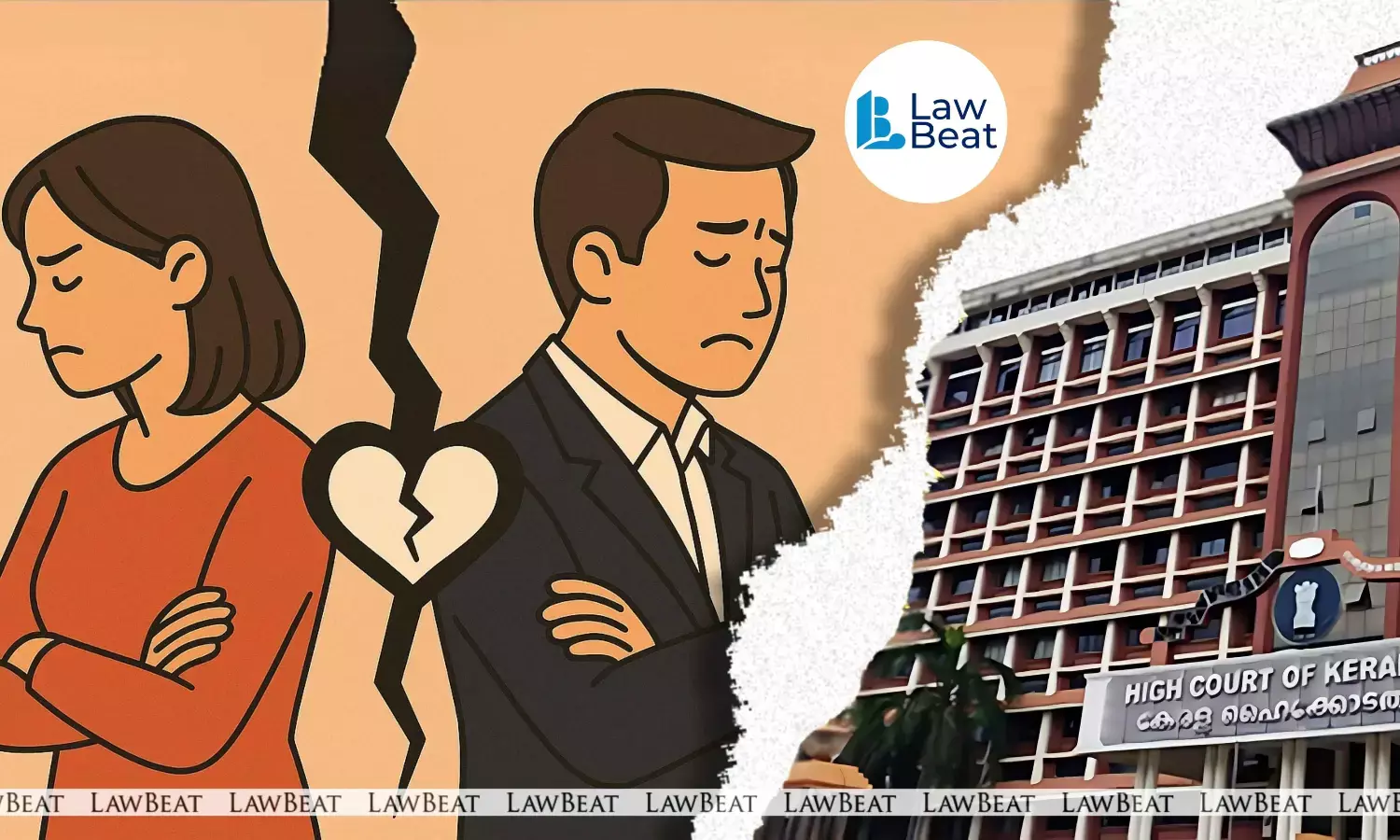No Contract Can Waive a Wife’s Right to Maintenance: Kerala High Court

The Kerala High Court recently observed that a marital settlement agreement purportedly waiving maintenance rights cannot override the statutory obligation under the Protection of Women from Domestic Violence Act, 2005 (DV Act), or the Bharatiya Nagarik Suraksha Sanhita, 2023 (BNSS).
The bench of Justice A. Badharudeen dismissed a revision petition filed by a pilot, affirming an interim maintenance award of Rs. 30,000 per month to his estranged wife.
In 2021, the wife approached the Judicial Magistrate of First Class-IV (Mobile), Thiruvananthapuram, under Sections 20 and 23 of the DV Act, seeking various reliefs, including interim maintenance. She alleged that her marriage, dissolved by a family court decree in July 2018, had been marred by repeated demands for dowry—301 sovereigns of gold ornaments and Rs. 10 lakh in cash—followed by acts of domestic violence. Claiming no independent means of livelihood, she sought maintenance from her former husband, who, as disclosed in his affidavit, earned a gross salary exceeding Rs. 15 lakh per month as a pilot, with a net take-home pay of Rs. 8,35,000.
The trial court, finding no credible evidence that the wife ran a yoga centre or earned an average income, granted her interim maintenance of Rs. 30,000 per month on November 30, 2021. On appeal, the additional sessions judge of Thiruvananthapuram upheld that order by judgment dated April 11, 2024. The husband then invoked Sections 438 and 442 of the BNSS before the high court, challenging the concurrent findings.
At issue was a marital settlement agreement dated October 28, 2017, by which the wife allegedly waived all claims to dowry, alimony and maintenance. Counsel for the appellant contended that this compromise barred her from seeking further support.
However, Justice Badharudeen, after meticulously reviewing Supreme Court and Kerala High Court precedents, held that any agreement by a wife to forgo maintenance is against public policy and cannot defeat her statutory right under the DV Act or BNSS.
Court reiterated that “a waiver in derogation of a statutory right could not be recognised” and that “once an act of domestic violence is committed, a subsequent decree of divorce does not absolve the husband of liability".
Further, the bench noted that the settlement agreement did not expressly record any payment toward maintenance, and even if it had, the waiver would be legally impermissible. Turning to fresh evidence, the court observed that neither party had established the wife’s independent income, whereas the husband’s status and income were undisputed. “Acting on the income disclosed by both sides,” the judge reasoned, “concurrent findings did not require any interference".
Accordingly, the high court dismissed the revision petition with a direction that the husband clear all arrears of interim maintenance within 30 days from April 10, 2025, failing which the woman may resort to coercive measures under law.
Case Title: Laju Cherian vs Tara Laju
Download judgment here
